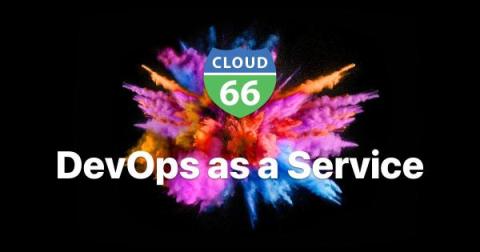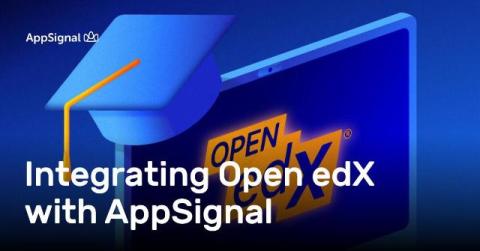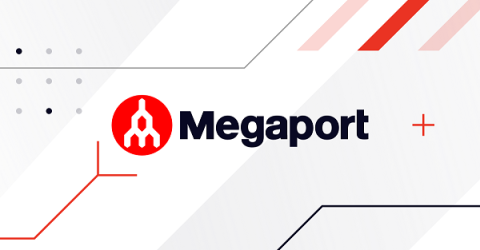Azure Cost Allocation to manage Azure spend and get the most out of it
As more and more companies are moving their operations to the cloud, cost management becomes one of the significant concerns, and Azure cost allocation provides the solution for it. Due to the fact that more and more companies use Azure services, it has become crucial to define the correct Azure cost allocation and resource management.











